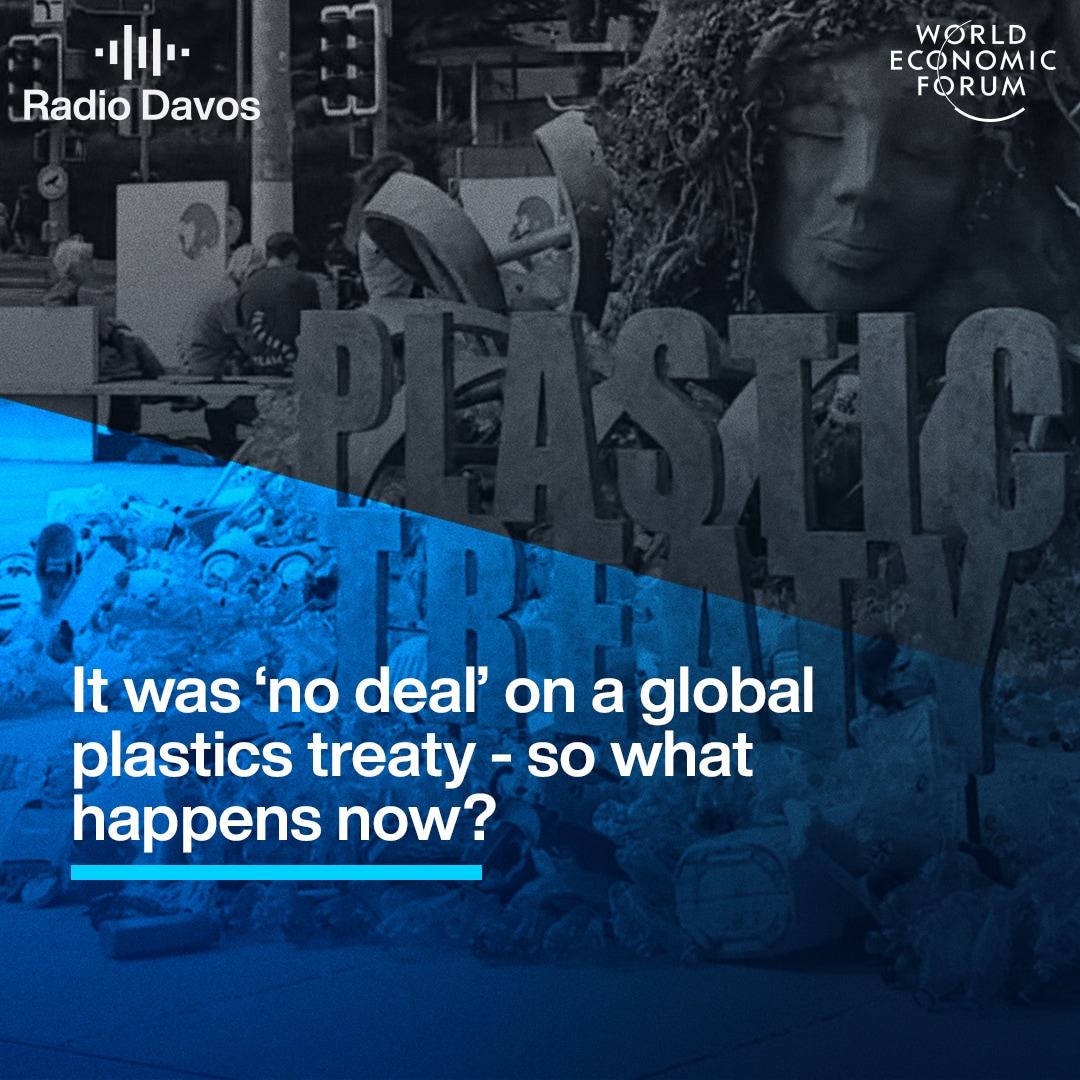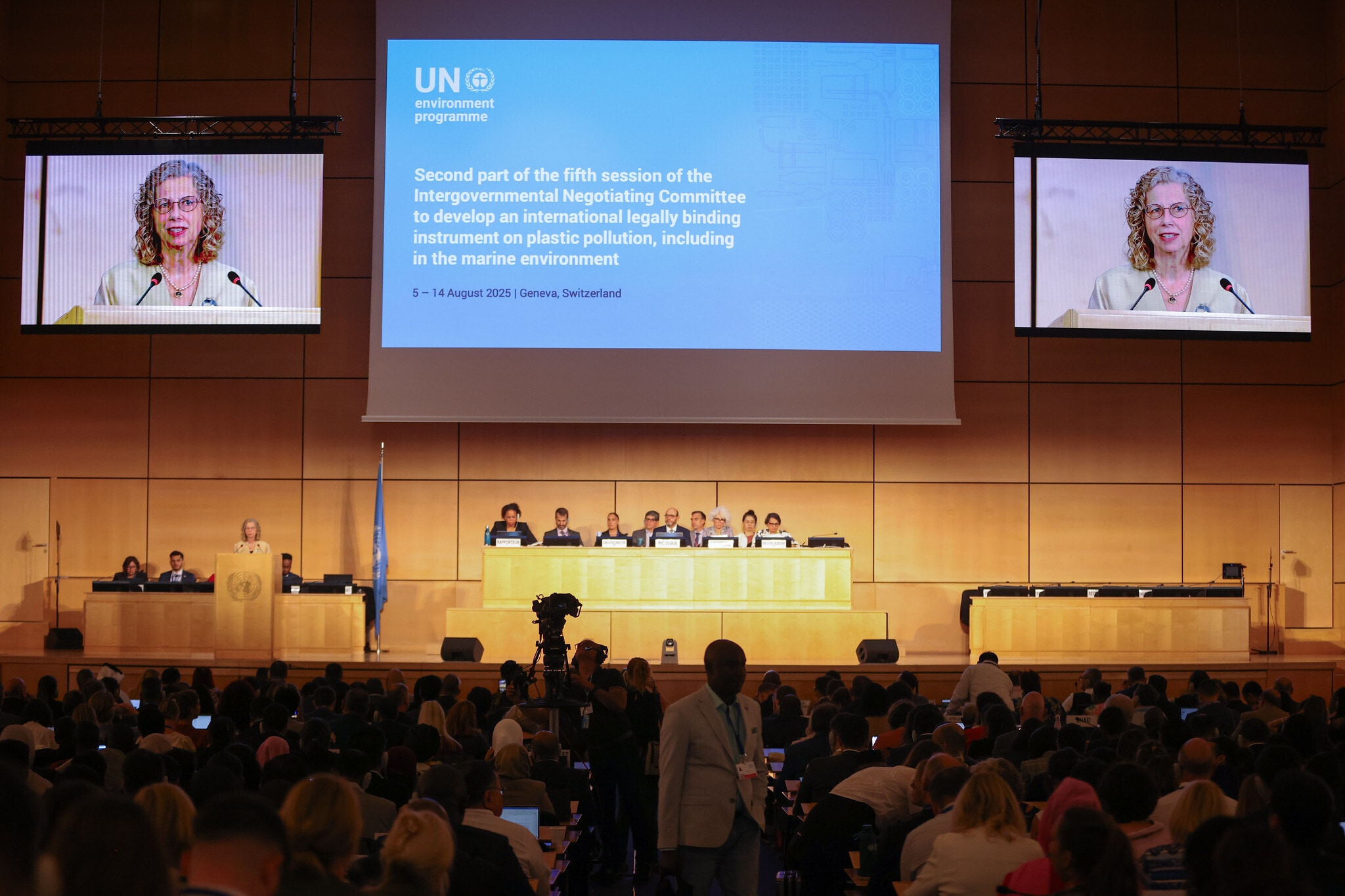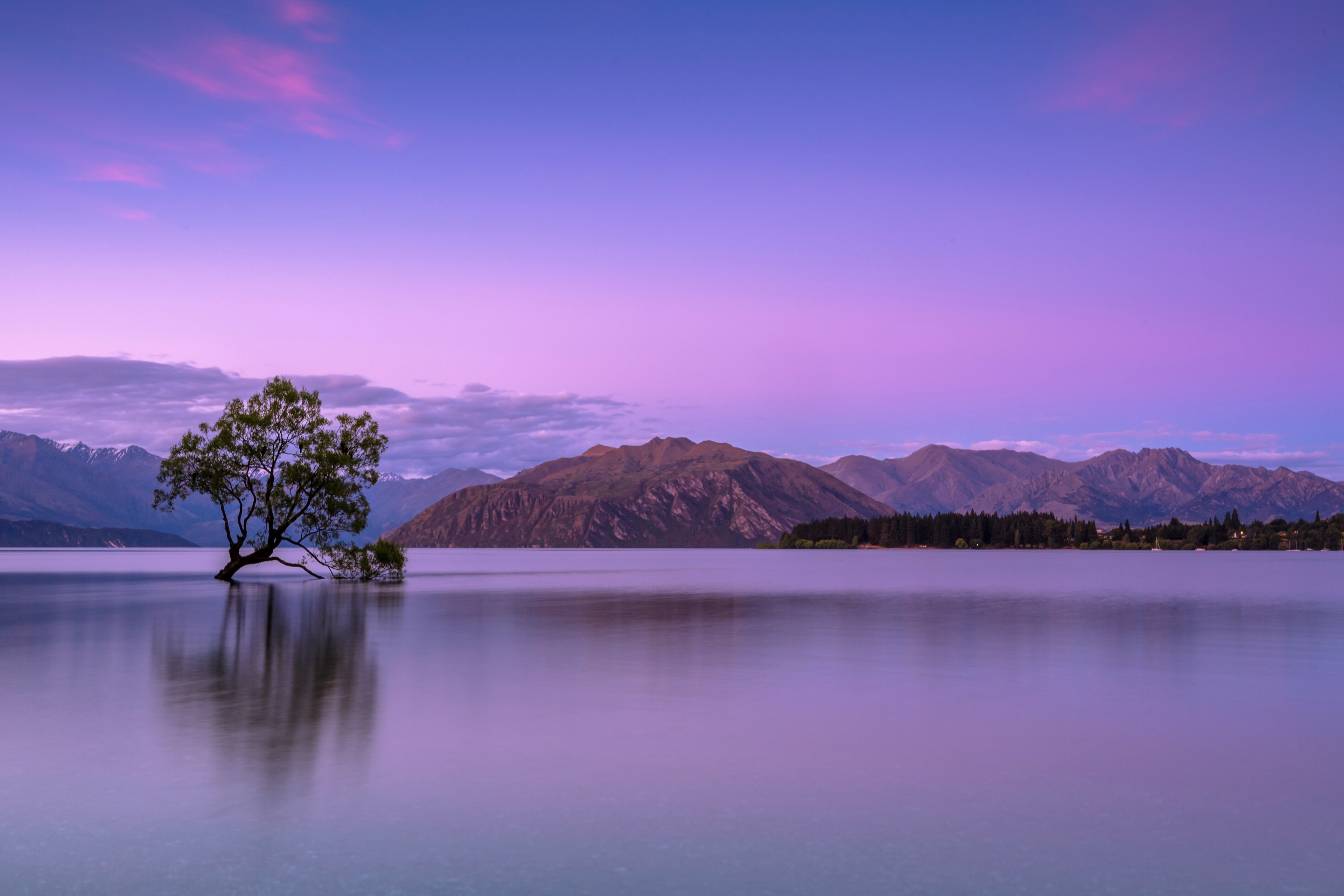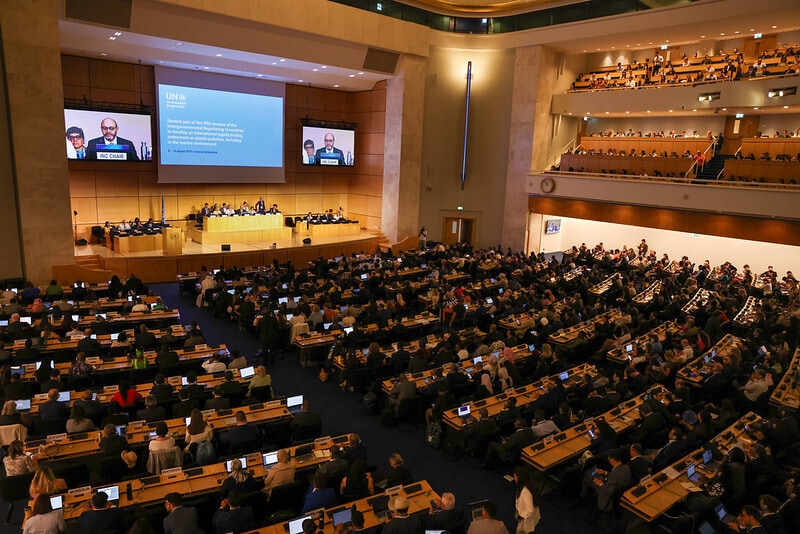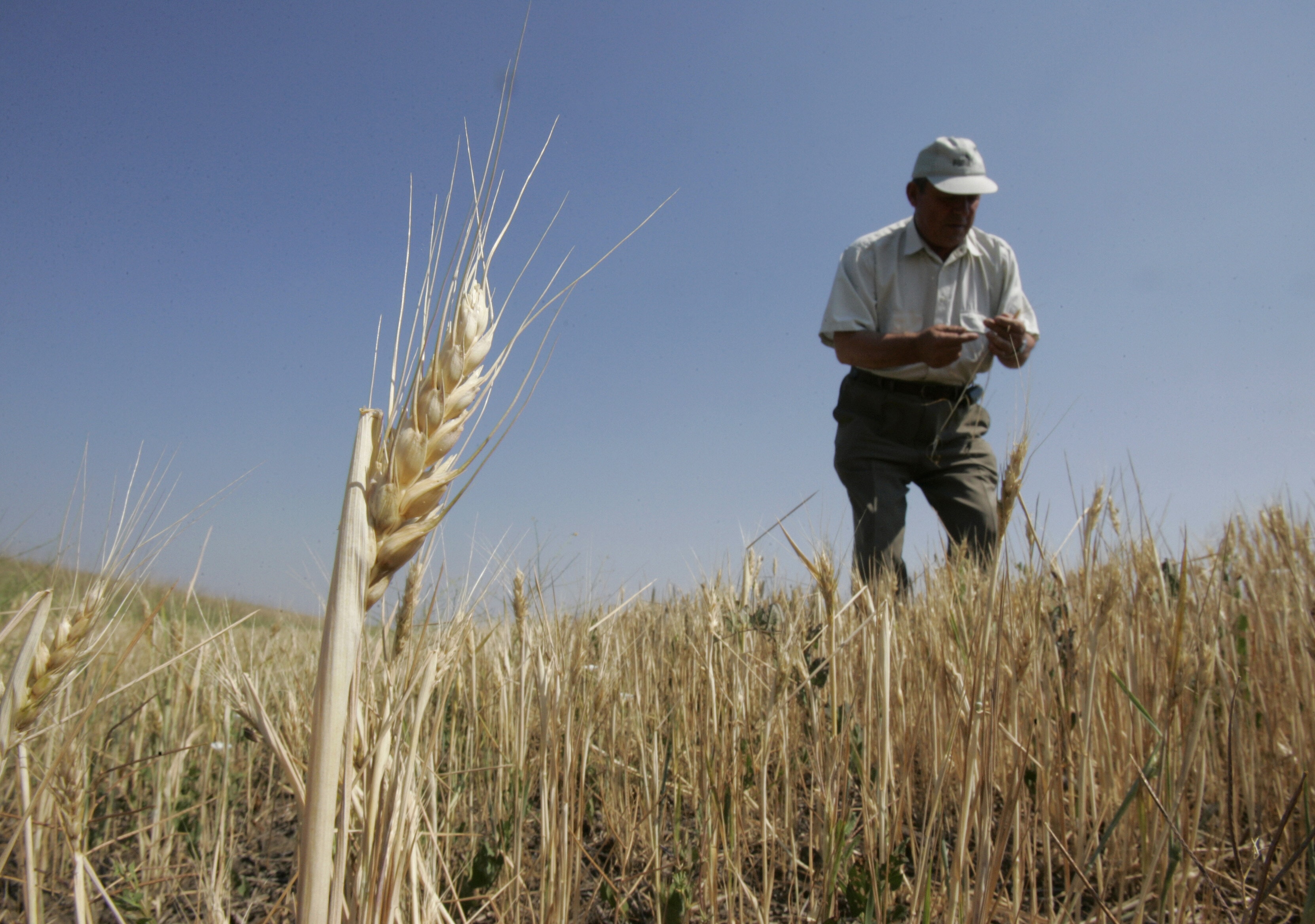This is the loneliest frog in the world
Last croak ... there is only one remaining Rabbs' fringe-limbed tree frog in the world
Image: Joel Sartore Photography Inc.
Stay up to date:
Future of the Environment
When the Rabbs' fringe-limbed treefrog in the video below dies, the entire species will be gone for ever.
He is the last known surviving member of the species (the last female died in 2009), and when he breathes his last, Ecnomiohyla rabborum will fade into memory.
Accept our marketing cookies to access this content.
These cookies are currently disabled in your browser.
But the Rabbs' treefrog is just one of many critically endangered species around the world, and the list is growing at an alarming rate. This is all part of what is known as the "Sixth Mass Extinction", a massive die-off of both plants and animals worldwide.
This has led to the creation of The Photo Ark, a multi-year documentary project which captures portraits of the world’s most endangered species before they disappear – and hopefully inspires people to save them. Our lonely Rabbs' fringe-limbed treefrog was photographed as part of the project.
Photographer Joel Sartore, the founder of the project, says he was inspired by the works of artists like John James Audubon, who painted now extinct birds during the 19th century. "We wouldn't know anything about these birds, really, if he hadn't been around," Sartore explained to participants at the World Economic Forum's Annual Meeting this year. Borrowing from Audubon and early photographers who documented Native American cultures in the face of European colonialism, Satore has set out to document endangered species on the brink of the Sixth Mass Extinction.
The Photo Ark, sponsored by National Geographic, aims to document every captive species on Earth. It is estimated that half of those will disappear entirely within the coming decades. "The goal," Sartore says, "is to get the public to care and be moved to save species while there's still time."
Why should you care?
While it is of course true that there have been five other mass extinctions in our planet's history, this one is different.
"It’s entirely caused by man," says Sartore. Through climate change, pollution, poaching, over-consumption and habitat destruction, mankind is placing a burden on the planet that other species can simply no longer endure. If there is no reversal of this trend, Sartore warns, we could possibly eliminate half of all life on the planet by the end of the century.
What can you do to help?
It's not too late to change things. Expanding tracts of wilderness can help to keep the planet in balance, while transitioning to sustainable forms of energy will be key to halting the pollution and destruction of our ecosystems. These are massive goals and it will take global cooperation to achieve them. But there are things we can do as individuals, and our power lies in our pockets.
"The power of the dollar is real, and it moves mountains if enough people pay attention," Sartore says. "Know that every time you break out your purse or your wallet, you’re saying to a retailer: 'I approve of what this was made from, the distance it was shipped to me, and I want you do to it again and again.'"
If you care about endangered species, meanwhile, you should visit them.
"If you want to save mountain gorillas, go see them ... If you love lions, go see them. Ecotourism brings real dollars to local people." During Davos, Sartore explained how ecotourism was creating a shift away from destructive employment. People who once had jobs cutting down forests or as cattlemen who would poison lions are today being hired as guides. By participating in ecotourism, we are encouraging this transition. "In our capitalistic world, things that pay, stay."
Don't miss any update on this topic
Create a free account and access your personalized content collection with our latest publications and analyses.
License and Republishing
World Economic Forum articles may be republished in accordance with the Creative Commons Attribution-NonCommercial-NoDerivatives 4.0 International Public License, and in accordance with our Terms of Use.
The views expressed in this article are those of the author alone and not the World Economic Forum.
Forum Stories newsletter
Bringing you weekly curated insights and analysis on the global issues that matter.
More on Nature and BiodiversitySee all
Tom Crowfoot
August 20, 2025
Chavalit Frederick Tsao
August 19, 2025
Andrea Willige
August 15, 2025
Tom Crowfoot
August 14, 2025
James Balzer
August 14, 2025
